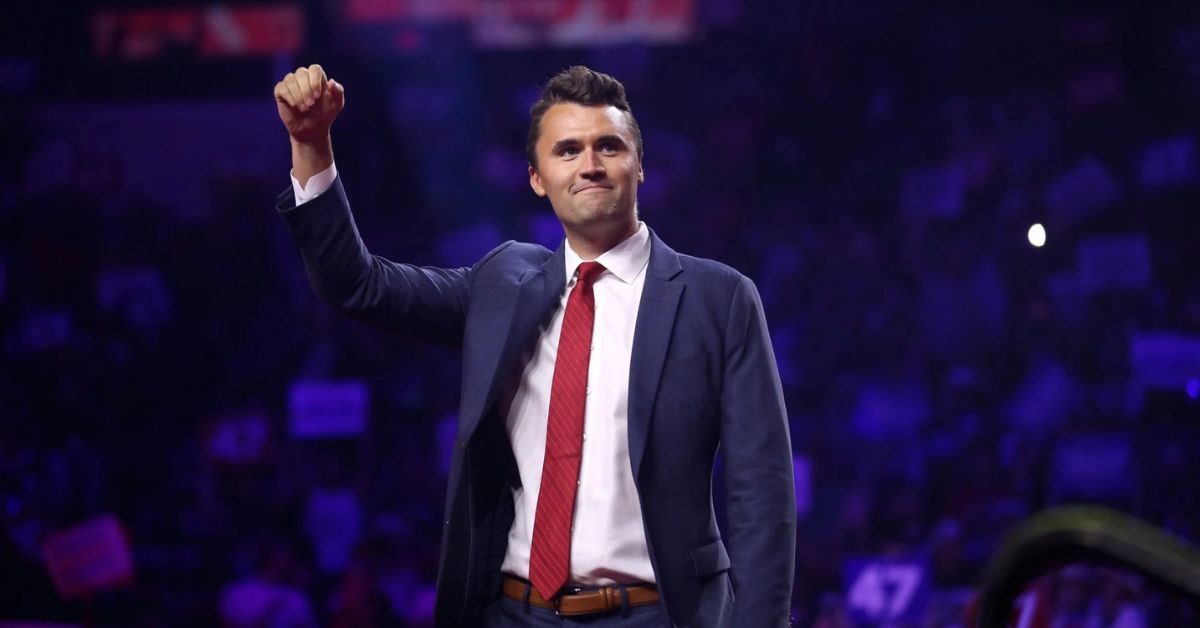Everyone now knows the name of Charlie Kirk, the Christian activist who was shot at Utah Valley University several months ago. I myself was like a lot of people before he was shot: I knew his name. I knew generally that he was a Christian activist and that he was involved in important cultural issues. I had seen him on TV. He headed Turning Point, USA. But beyond that, I knew very little.
But his assassination changed all that and brought him to a prominence that he never would have achieved in life. That is the thing about martyrdom: it makes you even greater in death than you were in life.
As I watched the news stories following Kirk’s death, I thought it was striking how, with a few notable exceptions, even his enemies found words to appreciate him and acknowledge his effectiveness in pursuing the cause of his life, which was the cause of Christ.
And probably the most striking thing about the cultural effect of his death was the open and sincere acknowledgement of Christian faith by people who you would never have thought had even thought about it.
I don’t think we appreciate this enough.
Charlie Kirk’s death was a cultural event for many reasons, but one of the most important of these is that it marked the moment when, all of the sudden, even those who were shy about their faith found words to profess it openly. It brought to our consciousness the fact that there had been a Great Awakening happening under our noses, and we didn’t realize its full extent.
How did we miss it?
All of the sudden everyone was talking about their faith: News anchors, actors and actresses, prominent business people, and artists.
People over the age of fifty or sixty well remember the time in our public life when this was not the case. If you watched television in the 1970s or 80s you would remember that any portrayal of religion or of religious people (and even this was notably rare) was awkward and contrived. It was as if the people who wrote the scripts and acted the roles had never met a Christian and didn’t have a clue about how they thought or talked.
One of the things that Charlie Kirk’s death did was to reveal to all of us that that reality had completely and utterly changed. As it turned out, God had been operating in the hearts of people all along. In a sense, when we woke up the day after the shooting, we woke up to a different world. It was like one of those science fiction movies where the monster or the machine has been destroyed and everyone walks out of their houses and sees the neighbors they haven’t seen in years.
The public professions of faith (implicitly or explicitly), or sometimes just the expressions of respect or appreciation from people you never knew had given it a thought—were legion.
Charlie Kirk wasn’t the only one who helped to bring this about, but he was one of, if not the most effective, cause of it.
And let’s take note of why this was: Charlie Kirk didn’t hate anybody. He loved even his enemies, and treated them with the respect they were due as creatures created in the image of God. He paid them the ultimate compliment any advocate for a position can pay his opponent: He argued with them. Argued, not insulted. Debated, not disdained.
He could smash your position into pieces with a well crafted argument and then shake your hand. He could strike you to the ground with a salient point and help you back up again, so you could fight again.
He was a happy warrior.
Since Charlie Kirk’s death, our public life seems to have largely gone back to business as usual. But there is still something underneath it that feels different. And we should be thankful for that.
Click here to view and download the PDF of the print version of the Citizen paper.

